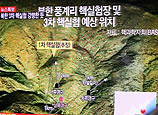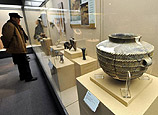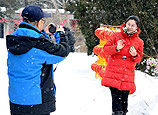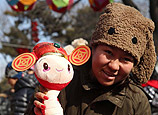
"At my university in China, all researchers have equal opportunities to apply for funding. Whether they can get it relies on the potential of the program, not the seniority of the researcher."
Lanza also appreciates the freedom and encouragement he receives.
"In my own country often I cannot suggest to the professor what new research we should conduct - I just need to hear his advice. Here many times my professor has asked me what I want to do now. I feel much freer to do what I want, at least in the group I work with."
He found the language barrier and cultural differences a problem when he first arrived, but has learned to deal with them by learning to speak Mandarin and adapting to his new work environment.
He has also learned the importance of guanxi - or relationships.
"If you want to do something and make something work, you have to meet and talk to the right person.
"In my own country, the researchers usually only know the people their professor knows, or people in the same group. Here I have the possibility to meet more people, including some of the most brilliant scientists in the world."
Last July Lanza received a grant from the National Natural Science Foundation that gives him the funds to develop competitive research.
In 2011 he received an award from the Research Fund for International Young Scientists. He is also the principal researcher on three projects at the National Science Foundation of China, and with other prestigious organizations such as the Alexander von Humboldt Foundation.


















 Overloaded truck crushes bridge in NW China
Overloaded truck crushes bridge in NW China


![]()
